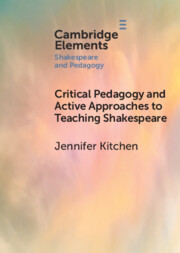Learning from complex instructional materials typically requires sustained attention, but many learners — both children and adults — may find their minds ‘wandering’ when learning. Drama educators have argued that ‘mirroring’ exercises, where students in pairs or groups mirror each other's movements, improve attention; but, to date, evidence for this claim is anecdotal. This exploratory study investigated the effects of a prelearning mirroring intervention on mathematical performance from the perspective of cognitive load theory. Twenty-six university students engaged in a mindful and embodied mirroring activity before learning a rapid mental mathematics strategy. Effects on learning were evaluated using two mathematical problem-solving tests completed after learning the maths strategy. Compared to the non-mirroring condition, students in the mirroring condition solved subsequent test problems more quickly than those in the control condition. Initial evidence thus suggests a mirroring intervention may enhance the quality of learning during mathematics.


